Κείμενο
Έχω τη χαρά και την τιμή να συνεργάζονται μαζί μου πολλοί ενδοκρινολόγοι, που προτείνουν στους ασθενείς τους να με επισκέπτονται για να τους βοηθήσω με τη διατροφή τους. Πριν από 15 χρόνια, ένας αγαπημένος συνάδελφος ενδοκρινολόγος ήρθε στο ιατρείο φέρνοντας ένα στενό του συγγενή για να τον βοηθήσω με τη διατροφή του. Στα πλαίσια της επίσκεψης, πιάσαμε την κουβέντα με τον αγαπημένο ενδοκρινολόγο και συζητήσαμε για τα αίτια του σακχαρώδη διαβήτη. Ο αγαπημένος συνάδελφος, που είναι και πολύ διαβασμένος, μου είχε πει τότε ότι όλες οι μελέτες δείχνουν ότι ο σακχαρώδης διαβήτης είναι κατά 80% πρόβλημα γονιδιακό και μόλις 20% έχει να κάνει με τον τρόπο ζωής. Αυτό τουλάχιστον υποστήριζε η ιατρική κοινότητα τότε. Από τότε φυσικά δημοσιεύτηκαν πολλές ιατρικές μελέτες πάνω στο θέμα που τόνισαν τη σημασία του τρόπου ζωής στην εμφάνιση σακχαρώδη διαβήτη, και σιγά-σιγά η σημασία του σωστού τρόπου ζωής έχει αυξηθεί πολύ. Πόσο πολύ έχει αυξηθεί; Η μελέτη που θα σας παρουσιάσω σήμερα επιχείρησε να απαντήσει αυτό το ερώτημα. Η μελέτη αφορά 60.000 υγιείς ενήλικες μέσης ηλικίας. Η μελέτη έδειξε ότι όσοι γυμνάζονταν συστηματικά πάνω από μία ώρα την ημέρα είχαν προστασία από τον διαβήτη κατά 74% σε σχέση με την ομάδα των ατόμων που δεν γυμνάζονταν καθόλου. Τώρα αυτό δεν ακούγεται σαν κάτι νέο. Έχουμε πει ξανά και ξανά ότι η γυμναστική παίζει πολύ σημαντικό ρόλο στην πρόληψη του σακχαρώδη διαβήτη. Δεν θα έκανα βίντεο για να παρουσιάσω μία τέτοια μελέτη. Όλος ο κόσμος γνωρίζει ότι κάνοντας γυμναστική μειώνεται σημαντικά η πιθανότητα να πάθει κάποιος σακχαρώδη διαβήτη και εδώ επίσης επιβεβαιώνεται ότι η μείωση του κινδύνου είναι 74%. Στην πραγματικότητα σχεδόν εξαφανίζει τον κίνδυνο. Αυτοί όμως που παρακολουθούν τις οδηγίες του γιατρού τους, και αυτά που λέω μέσα από τα βίντεο, ίσως παρατήρησαν κάτι που ξέφυγε από μερικούς. Ενώ οι κατευθυντήριες οδηγίες συστήνουν 150 λεπτά δραστηριότητα μέτριας έντασης την εβδομάδα, εδώ φαίνεται ότι το μέγιστο όφελος είναι στα 476 λεπτά την εβδομάδα.

Οι κατευθυντήριες οδηγίες λοιπόν δεν προστατεύουν το μέγιστο από το σακχαρώδη διαβήτη γιατί προτείνουν ότι 150 λεπτά δραστηριότητας την εβδομάδα είναι αρκετά. Είναι κατανοητό φυσικά, ότι σε μία κοινωνία που το 80% των ανθρώπων δεν περπατάει ούτε 40-50 λεπτά την εβδομάδα, το να πεις ότι η μέγιστη προστασία είναι στα 476 λεπτά μπορεί να φανεί πολύ μακριά και αυτό να αποθαρρύνει πολλούς από το να κάνουν έστω και τα 100-150 λεπτά που θα προσφέρουν κάτι σημαντικό στην υγεία τους. Αυτό είναι μία διαφωνία που υπάρχει στους κύκλους των ειδικών που ασχολούνται με τις κατευθυντήριες οδηγίες, που μία ομάδα προσπαθεί να χαμηλώσει την μπάρα για να είναι εφικτά τα όρια για όσους περισσότερους ανθρώπους γίνεται, ενώ υπάρχει μία άλλη ομάδα που απαιτεί να παρουσιάσουμε τα αποτελέσματα των ερευνών έτσι όπως ακριβώς δημοσιεύονται, χωρίς να κατεβάζουμε τα όρια για να φαίνονται εφικτά για κάποιους. Το συμπέρασμα είναι ότι λίγη άσκηση είναι καλή και πολύ άσκηση είναι καλύτερη. Και πάλι όμως, δεν είναι αυτός ο λόγος που έκανα το βίντεο. Υπάρχει κάτι άλλο στη μελέτη που μου τράβηξε το ενδιαφέρον. Στη μελέτη, οι ερευνητές κατέγραφαν και τον γονιδιακό κίνδυνο. Έκαναν δηλαδή εξετάσεις DNA και χώρισαν τις ομάδες ανάλογα με τον κίνδυνο εμφάνισης σακχαρώδη διαβήτη σύμφωνα με τα γονίδια που έφεραν στο DNA τους. Εδώ, φάνηκε το εξής ενδιαφέρον. Τα άτομα που είχαν το μεγαλύτερο κίνδυνο να εμφανίσουν σακχαρώδη διαβήτη τύπου 2 και έκαναν συστηματικά πάνω από μία ώρα γυμναστική την ημέρα, είχαν μικρότερο κίνδυνο να εμφανίσουν σακχαρώδη διαβήτη από τα άτομα που δεν είχαν κανένα γονίδιο για τη νόσο και ανέφεραν την ελάχιστη δραστηριότητα. Θα το πούμε άλλο τρόπο για να είμαι σίγουρος ότι το καταλάβατε. Τα άτομα τα οποία είχαν στο DNA τους όλα τα λάθος γονίδια και είχαν το μεγαλύτερο κίνδυνο να εμφανίσουν σακχαρώδη διαβήτη τύπου 2, αλλά γυμνάζονταν καθημερινά πάνω από μία ώρα, είχαν μικρότερη πιθανότητα, όχι ίδια, το τονίζω, αλλά μικρότερη πιθανότητα να εμφανίσουν την πάθηση σε σχέση με τα άτομα που δεν

είχαν κανέναν γονιδιακό κίνδυνο για να εμφανίσουν την πάθηση, αλλά είχαν την ελάχιστη δραστηριότητα. Αν τα αποτελέσματα της μελέτης επιβεβαιωθούν και από άλλες μελέτες, τότε θα επιβεβαιωθεί ότι ο σακχαρώδης διαβήτης είναι μία πάθηση που εξαρτάται αποκλειστικά από τον τρόπο ζωής. Όχι μόνο ότι τα γονίδια δεν παίζουν ρόλο 80% όπως μου είχε πει ο αγαπημένος ενδοκρινολόγος πριν από 15 χρόνια, αλλά τα γονίδια παίζουν 0% ρόλο όταν κάποιος γυμνάζεται συστηματικά. Αν περαιτέρω μελέτες επιβεβαιώσουν αυτά τα αποτελέσματα, αυτό σημαίνει ότι αν κάποιος γυμνάζεται πάνω από μία ώρα την ημέρα πρακτικά είναι θωρακισμένος από την πιθανότητα εμφάνισης σακχαρώδη διαβήτη τύπου 2. Δεν είναι όμως μόνο η γυμναστική που παίζει σημαντικό ρόλο για την πιθανότητα εμφάνισης σακχαρώδη διαβήτη τύπου 2. Παίζει μεγάλο ρόλο και η διατροφή. Στο παρελθόν έχω δημοσιεύσει ένα βίντεο που λέει ποιες τροφές μειώνουν την πιθανότητα να εμφανίσει κάποιος σακχαρώδη διαβήτη και ποιες τροφές την αυξάνουν και για να έχετε φτάσει μέχρι εδώ στο βίντεο, σίγουρα θέλετε να τις μάθετε. Πατήστε λοιπόν το βίντεο στα δεξιά μου για να μάθετε. Θυμίζω ότι πατώντας το κουμπί μου αρέσει και κοινοποιώντας το βίντεο σε άτομα που θα το βρουν ενδιαφέρον με βοηθάτε πάρα πολύ. Σας ευχαριστώ πολύ.

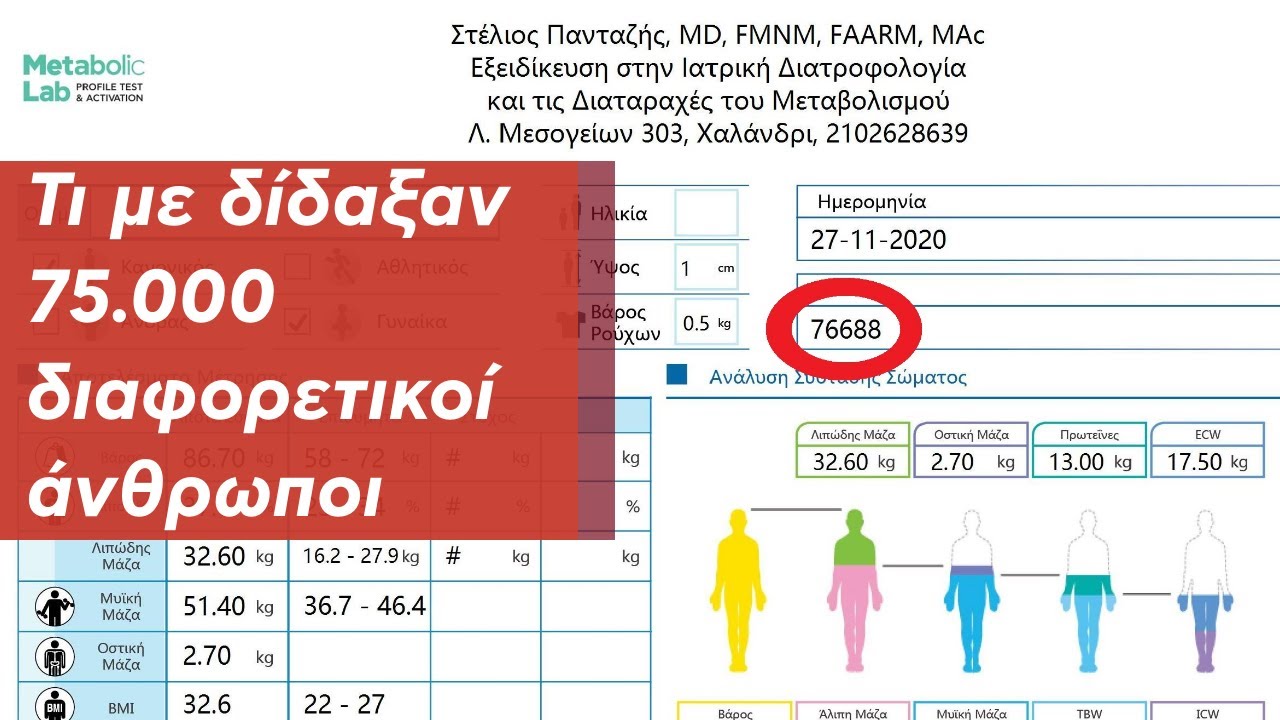
















































































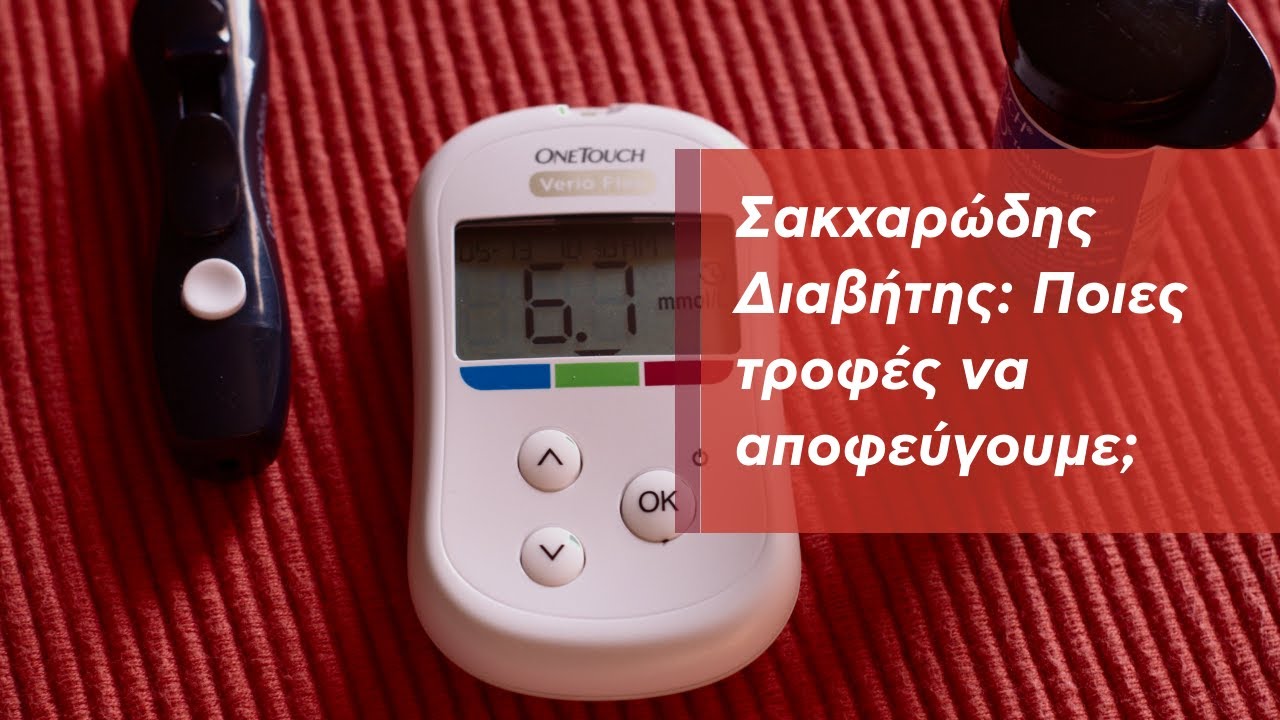



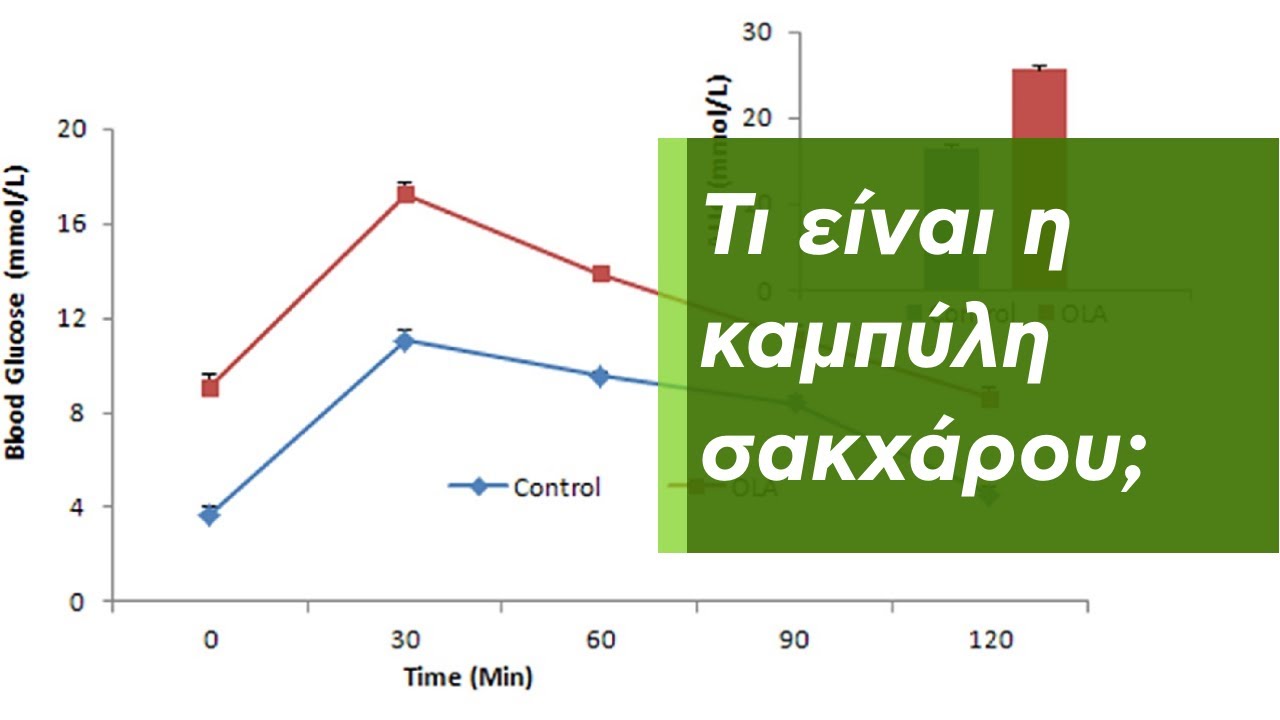
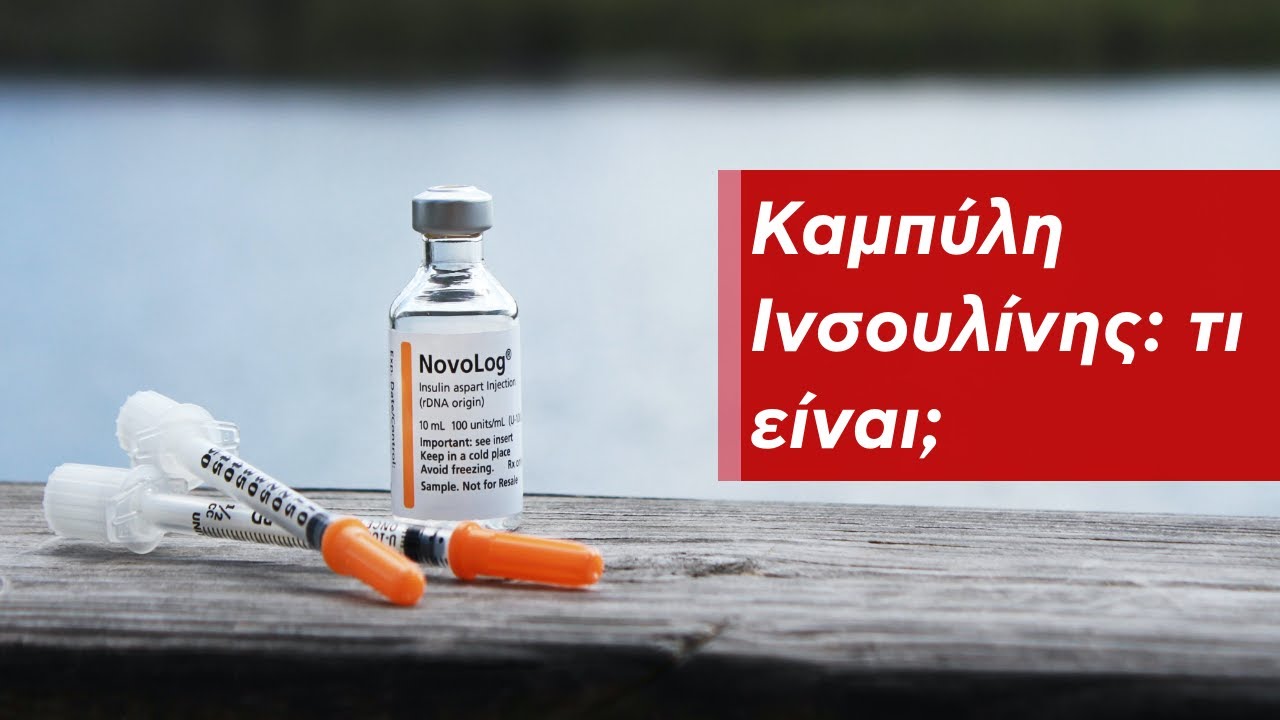
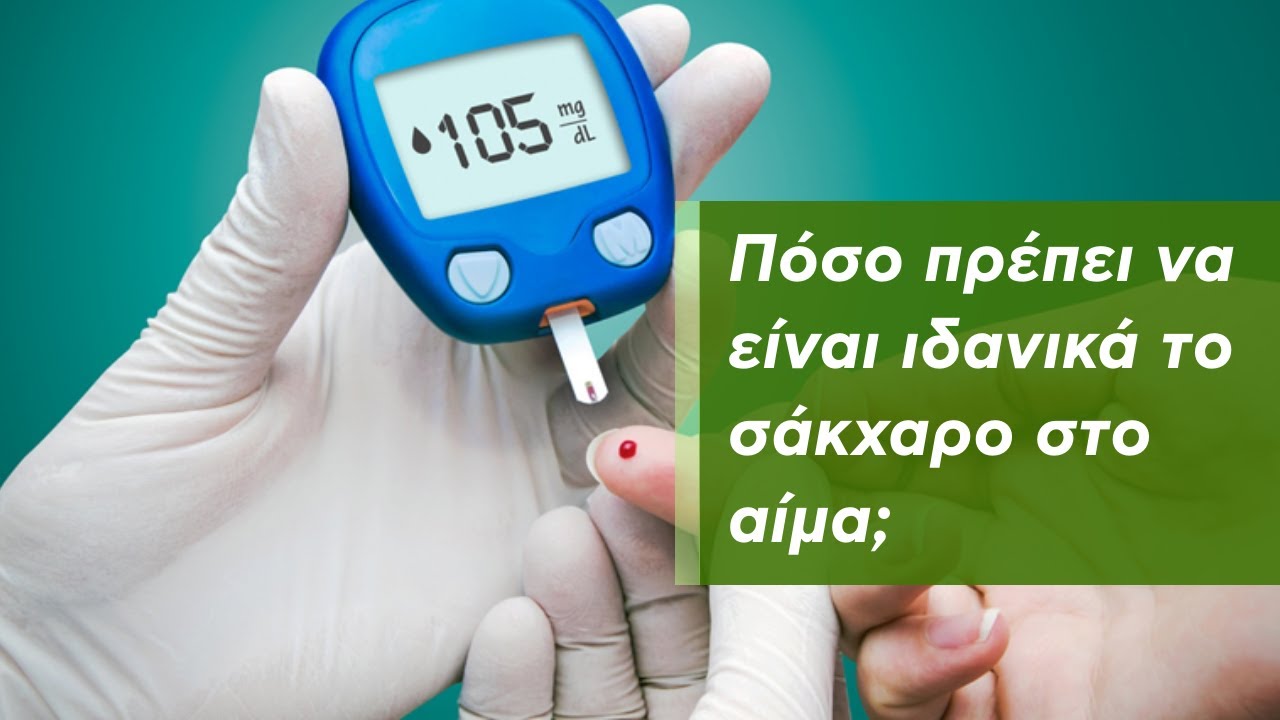



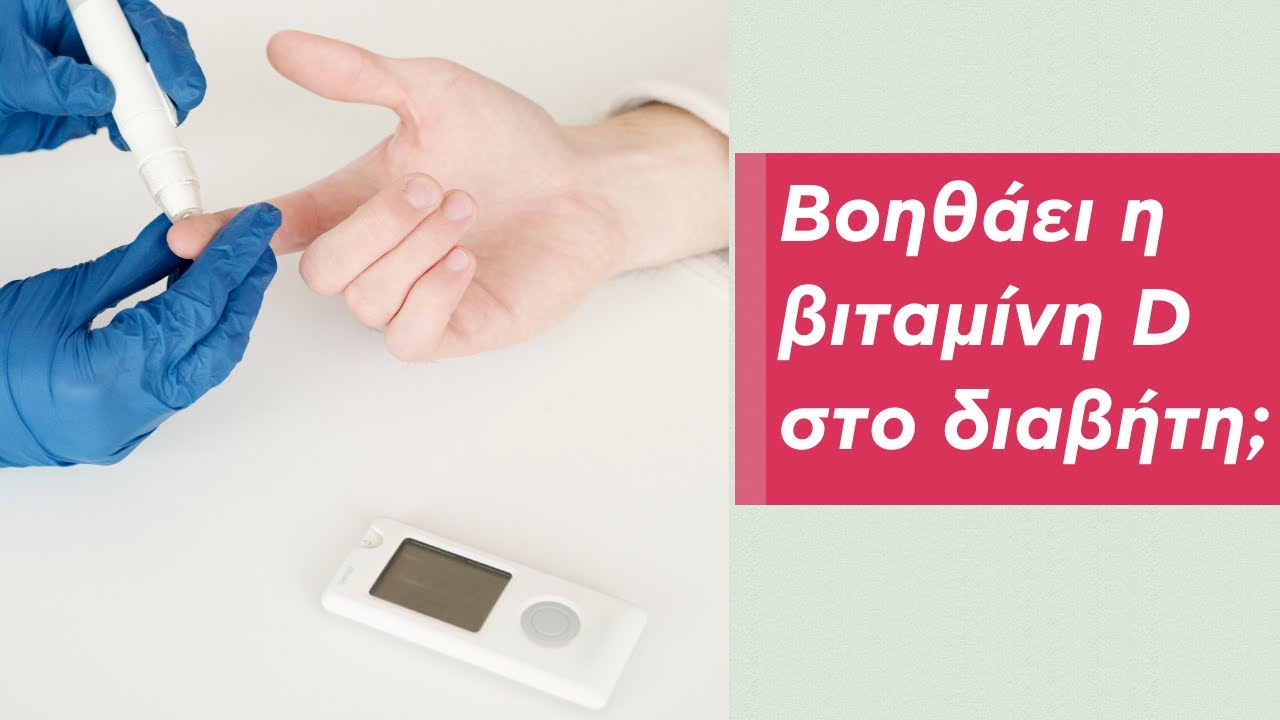





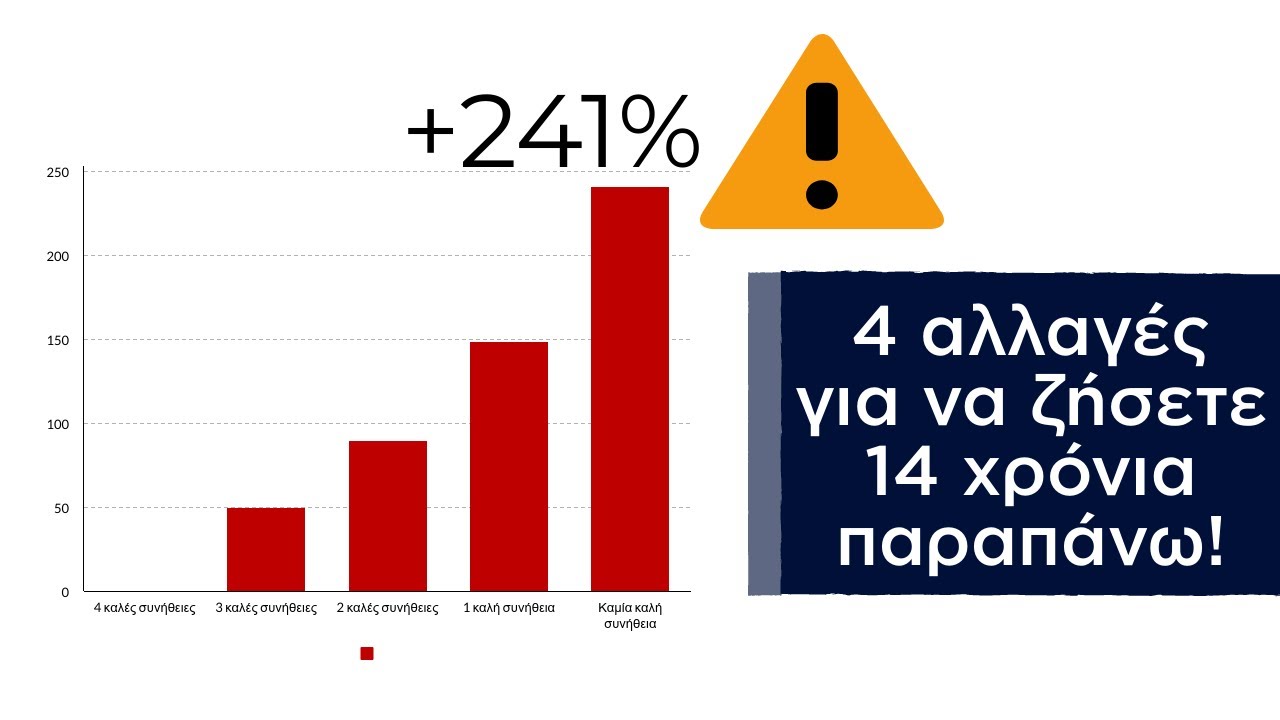










0 Σχόλια